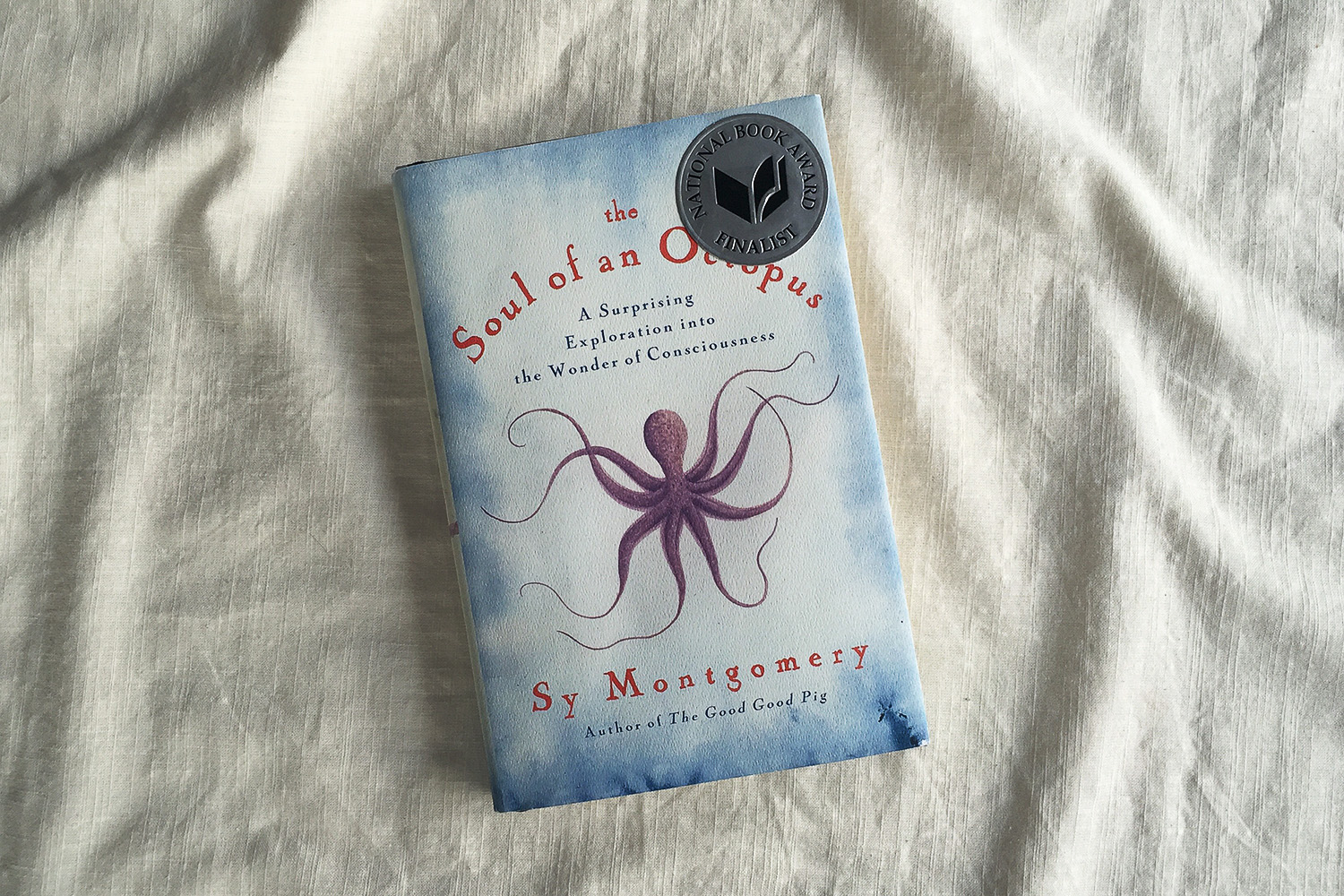“Hello, fish!” I chirp to the giant aquarium. We inherited it from friends for our son’s Christmas gift four years ago. It has been my fish tank for about 44 months now, but in just a few short days, the fish and the aquarium are going to a new home. A different set of friends have a child who also wants an aquarium for Christmas.
I am happy to say goodbye to our fish for the sake of our friend’s son, who I suspect will adore the fish for the same period of time our son adored his fish. But I am a little sad to see them go.
Big Al has been a resident of our fish tank since we first balanced the tank ecosystem. He’s an algae eater that started out as long as my thumb but is probably now the length of my palm, from the tip of my middle finger to the base of my wrist. I’m worried most about moving him. He’s an old curmudgeon who keeps to himself underneath the brown castle, presumably happy to have survived the ich infestation of 2022.
The rest of the gang—eight neon tetra and the one remaining dwarf frog—will be easier to bag up, but what about Al? Will he—they—care?
The Soul of an Octopus: A Surprising Exploration into the Wonder of Consciousness by Sy Montgomery
Moving sea creatures is not an easy feat. Among the many wonders Sy Montgomery observed while writing The Soul of an Octopus, the most man-made was when the New England Aquarium rebuilt the Giant Ocean Tank (GOT). In the process, they had to relocate 450 animals, 100 species, from the three-story, 200,000-gallon reef community to different areas throughout the aquarium.
This significantly dwarfs my 55-gallon tank transfer.
Needless to say, the staff and volunteers at the New England Aquarium were anxious about the project, both in its practical aspects as well as the psychological aspects for the aquarium’s residents. How would they manage the move? Would they survive? What did they think about their new landscape?
Do they think at all?
The centerpiece of Montgomery’s book is the octopus, actually, several octopuses, and their relationship with the humans and other creatures in their midst. It is a close-up investigation of that question—do creatures like octopuses have thoughts, feelings, and personalities?
“There’s always an effort to minimize emotion and intelligence in other species,” the New England Aquarium’s director of public relations, Tony LaCasse, told Montgomery after she met Athena, the first octopus she visited. “The prejudice is particularly strong against fish and invertebrates,” Scott Dawd added.
“Octopuses represent the great mystery of the Other,” writes Montgomery. “They seem completely alien, yet their world—the ocean—comprises far more of the Earth (70 percent of its surface area; more than 90 percent of its habitable space) than does land. Most animals on this planet live in the ocean. And most of them are invertebrates.
“I wanted to meet the octopus. I wanted to touch an alternate reality. I wanted to explore a different kind of consciousness if such a thing exists. What is it like to be an octopus? Is it anything like being a human? Is it even possible to know?”
It’s really easy for me to anthropomorphize the creatures I come in contact with, and Montgomery admits just how common this very human tendency is. But even when I do my best to withhold projecting human characteristics onto the wild world, it is clear to me that everything in nature has its own distinctive qualities, mannerisms, and even personality, from my dogs to my squirrel neighbors to Big Al in the tank.
But what about octopuses? What about sea stars? Do these creatures have God-given desires, dreams, passions, personalities?
“How can a brainless animal ‘want’ anything—much less communicate its desires to another species?” writes Montgomery. “Can a brainless animal feel curiosity? Does it want to play? Or does it only ‘want’ toys or food the way a plant ‘wants’ the sun? Does a sea star experience consciousness? If it does, what does consciousness feel like to a sea star? Clearly, I have entered a world I cannot judge by the rules I have learned on land among vertebrates.”
Montgomery discovers through her regular visits to the aquarium, her interactions with a variety of different octopuses, and her excursion into the ocean’s deep in pursuit of wild octopuses that the closer you come in relationship with any creature, the more complex and wondrous that creature shows itself to be.
It is also an opportunity to learn more about the creativity and care God has for his entire creation.
The Soul of an Octopus is a wonderful, heart-wrenching, and heartwarming story that captures the diverse and complex relationships between humans and animals as well as the power of empathy and love to sustain life, in and out of the water.





 Copyright
2025
Root and Vine
Copyright
2025
Root and Vine